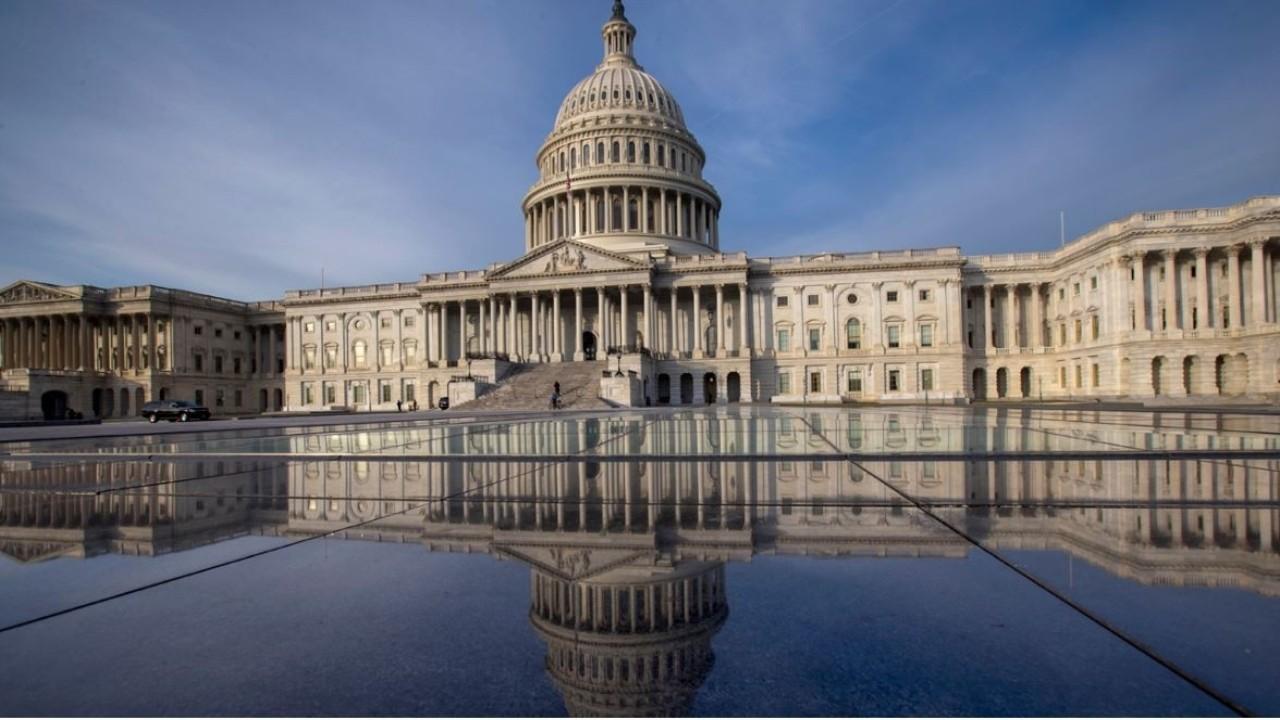Still waiting on stimulus cash? What you may need to do before October
The IRS needs information from some individuals who do not normally file tax returns
The IRS has issued hundreds of millions of direct payments to American households, but if you have not yet received one, you may be required to take action by mid-October.
The deadline for certain people who may not normally be required to file tax returns with the IRS to submit their information to the agency in order to obtain their payment this year is Oct. 15.
CARES ACT 2 FRAMEWORK FINALIZED: WHAT WILL BE INCLUDED
These people, for whom the IRS does not have information on file, can use the non-filers tool to provide their personal information in order to receive a payment.
TOP IRS SCAMS INCLUDE ‘AGGRESSIVE AND EVOLVING’ STIMULUS CHECK GRABS
People who may need to use the tool include single people with incomes below $12,200 and married couples filing jointly with incomes below $24,400, who don’t receive certain federal benefits like Social Security or Supplemental Security Income.
The IRS says people who submit their information by the deadline can expect to receive their payment by the end of the year.
CLICK HERE TO READ MORE ON FOX BUSINESS
The payment is considered an advanced tax refund for next year, which means people who miss out on the payment this year may have to wait until they file their 2020 return to claim it.
Meanwhile, there appears to be bipartisan consensus about the need to include another round of direct payments to American households in additional relief legislation being discussed on Capitol Hill. While Republican leadership initially signaled they may lower the income threshold, this week the Trump administration hinted it may use the same criteria that the IRS followed under the CARES Act.




















